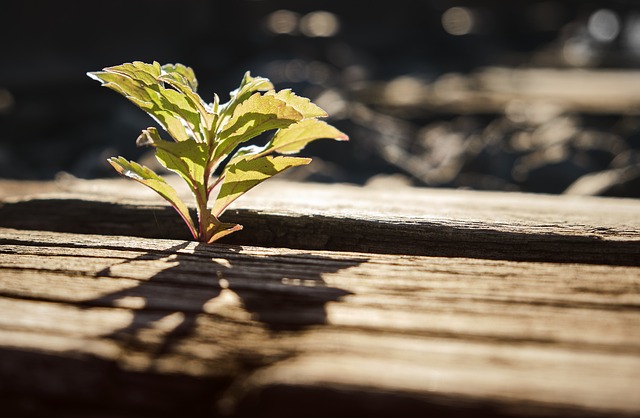Voodoo, also known as Vodou or Vodun, is a religion that has its roots in West Africa and was brought to the Americas during the transatlantic slave trade. The practice of Voodoo in the Americas, particularly in Louisiana and Haiti, has evolved over time to include various elements of African, Caribbean, and American cultures. One important aspect of Voodoo is the role of the Voodoo doctor, also known as a “houngan asogwe” or “bokor,” in the spiritual community.
History of Voodoo in the Americas
Voodoo was brought to the Americas by enslaved Africans in the 18th and 19th centuries. The religion was heavily suppressed by slave masters and the dominant Christian culture, but it still managed to survive and evolve. Today, Voodoo is a vibrant and important aspect of the Afro-Caribbean community in Louisiana and Haiti, where it has been heavily influenced by the indigenous cultures and Catholicism.
The Role of a Voodoo Doctor
A Voodoo doctor is a highly respected figure in the Voodoo community and is considered to be an expert in the healing arts. They are responsible for diagnosing and treating illnesses, both physical and spiritual, using a combination of traditional African and Caribbean healing techniques and Western medicine. They are also responsible for performing ceremonies and rituals to bring good luck and prosperity to their community.
Healing Techniques
Voodoo doctors use a variety of techniques to diagnose and treat illnesses. They may use divination methods such as reading shells or cards to determine the cause of an illness. They may also use herbal remedies, such as teas and poultices, to treat physical ailments. Additionally, they may perform spiritual cleansings and exorcisms to rid an individual of negative energy or spirits that may be causing an illness.
Ceremonies and Rituals
Voodoo doctors also perform ceremonies and rituals to bring good luck and prosperity to their community. These ceremonies can include drumming, singing, dancing, and the use of various ritual objects such as candles, herbs, and animal sacrifices. These rituals are performed to honor the spirits, ask for their help and guidance, and to bring good luck and prosperity to the community.
Criticism and Controversy
The practice of Voodoo, including the role of Voodoo doctors, has been heavily criticized and stigmatized by outsiders. Voodoo has often been misrepresented in popular culture as a form of black magic or witchcraft, and Voodoo doctors have been portrayed as sinister figures who practice dark magic. However, these stereotypes are far from the truth and do not accurately represent the rich and diverse spiritual practices of the Voodoo community.
Conclusion
Voodoo is a rich and diverse religion that has played an important role in the Afro-Caribbean community in Louisiana and Haiti for centuries. The Voodoo doctor, or houngan asogwe, is a respected spiritual leader in this community and plays a crucial role in diagnosing and treating illnesses, both physical and spiritual, using a combination of traditional African and Caribbean healing techniques and Western medicine. Their ceremonies and rituals serve to honor the spirits, bring good luck, and protect their community from harm. It’s important to acknowledge the stigmatization that Voodoo and Voodoo doctors have faced historically and try to understand the true nature of the practice and its importance to the community.

